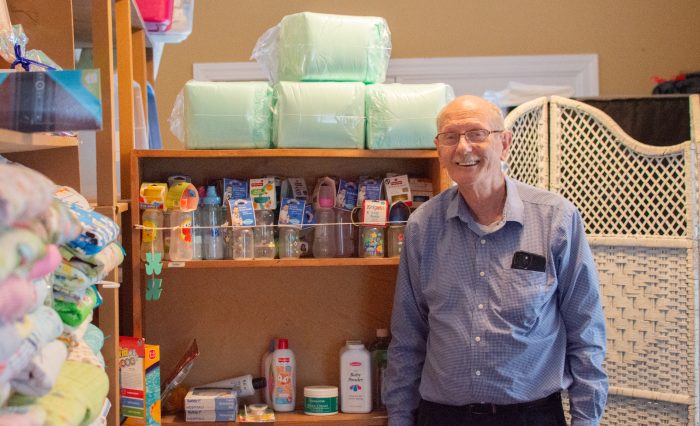Crime victim agencies get fewer grants
Published 12:00 am Sunday, October 19, 2008
Area agencies received $386,000 in grant funding to help finance services for victims, although most agencies received less than last year.
The grants were announced Wednesday by the Kentucky Justice and Public Safety Cabinet. The funds are allocated through the federal Victims of Crime Act and are collected through criminal fines, forfeitures and assessments – not tax dollars – according to the cabinet.
Trending
“These funds will go to help those most directly and severely affected by crimes,” said Secretary J. Michael Brown.
The cuts were not unexpected, said Lee Alcott, executive director of Barren River Area Safe Space, which received $144,000.
“It’s a small cut and we’re happy to have received what we did,” she said.
This grant helps BRASS to fund two victim advocates, Alcott said. BRASS helps victims of domestic abuse.
Barren River Area Child Advocacy Center has depended on VOCA funds to help provide service to victims of child sexual abuse and their non-offending family members for nearly 10 years, executive director Dawn Long said. The advocacy center received $72,000 this year.
Specifically, the grant funds support the center’s two crisis intervention counselor positions, which provide response and services for all 10 counties in the BRADD region, Long said. Services are provided at no cost to families, 24 hours a day, 7 days a week, every day of the year. The BRADD region includes Warren, Allen, Barren, Butler, Edmonson, Logan, Simpson, Hart, Metcalfe and Monroe counties.
Trending
The center has provided services to more than 500 children for the third straight year. As a result, it requested additional funds to support a third counselor position, she said.
But the cuts this year left the center with $1,300 less in grant funding than it received the past two years, Long said.
“While we are disappointed and concerned about the impact this will have on our mission and services, we know it could have been much worse,” she said.
Hope Harbor received $100,000, which goes toward paying the salaries of two clinical therapists and supporting the agency’s 24-hour crisis line, executive director Melissa Whitley said.
The cut to the program this year was smaller than past cuts, she said. The past few years, Hope Harbor – which provides services to victims of rape and sexual assault – has lost between $8,000 and $3,000 a year for victim advocacy programs.
This year’s grant will help fund a victim advocate who will operate part-time out of the Glasgow office, Whitley said – important because some people in the outlying communities cannot always come to Bowling Green.
“This grant helps us meet our goals, one of which is to have them provide 800 counseling sessions per year,” she said.
Sgt. Penny Bowles, spokeswoman for the Bowling Green Police Department, which received $32,500 for its victim advocacy program, said the grant amount was the same as it has been in other years. The funding is used to help pay the salary and benefits for the department’s victim advocate, she said.
The Barren County Victim Advocate program, which operates out of the Barren County Attorney’s Office, also received $37,500 in grant funding.
To provide the funding that was made available this year, the cabinet had to use funds that were not used from the previous year, said Tanya Dickinson, branch manager for the cabinets grant’s management branch.
If federal awards continue to decline, next year’s funding cycle will be difficult and could result in additional reductions, she said. A total of $5.3 million in grants was given to agencies in Kentucky.
Things could become a lot worse next year, Alcott said, and many effective programs that are meeting their goals could face bigger cuts.
“Cuts to federal VOCA funds have been taking place the past couple of years, and we have been advised that if they continue, cuts to our local programs will be much deeper next year,” Long said.
The funding is vital to the center and its ability to respond and provide services, she said, adding that the center and other victim advocacy programs need grant funding to remain stable.






